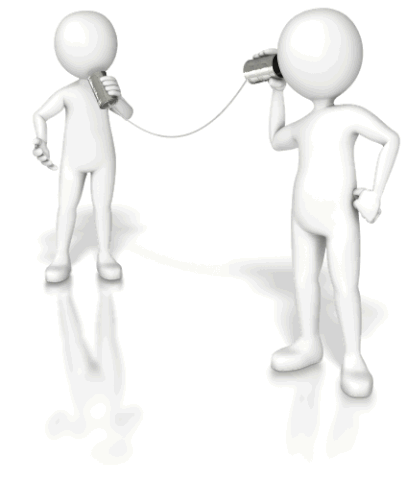Building strong professional relationships is essential for success in today’s business world. Whether you are looking to grow your network, establish new partnerships, or advance your career, having strong professional relationships can help you achieve your goals.
In this blog post, we will discuss seven proven strategies for building strong professional relationships that can help you succeed in your career.
1. Be Authentic
One of the most important strategies for building strong official relationships is to be authentic. People can often tell when someone is not being genuine, and it can be challenging to build trust with someone who is not authentic.
When building professional relationships, be yourself, and let your personality shine through. Share your interests, hobbies, and passions. Authenticity can help you connect with people on a deeper level and build long-lasting relationships.

2. Listen More Than You Speak
Another essential strategy for building strong professional relationships is to listen more than you speak. When you listen, you gain valuable insights into the other person’s needs, interests, and challenges. Active listening can help you understand what matters most to the other person and build a connection based on shared interests.

Active Listening Techniques
To practice active listening, try the following techniques:
- Focus on the speaker: Make eye contact and avoid distractions, such as your phone or computer.
- Paraphrase: Restate what the speaker has said in your own words to ensure you have understood correctly.
- Ask clarifying questions: Ask open-ended questions to get more information and better understand the speaker’s perspective.
3. Build Rapport
Building rapport is another critical strategy for building strong relationships. Rapport refers to the sense of mutual understanding and trust that develops between people.
To build rapport with someone, try to find common ground. Look for shared interests, experiences, or values that you can connect on. Share stories and experiences that demonstrate your similarities.
4. Be Reliable
Reliability is essential in building strong professional relationships. When you make a commitment, follow through on it. If you say you will deliver something by a certain deadline, make sure you do it. Being reliable demonstrates that you are trustworthy and dependable.
5. Communicate Effectively
Effective communication is another critical strategy for building strong professional relationships. When communicating with others, be clear and concise. Use active listening techniques to ensure you understand the other person’s perspective and be open to feedback and suggestions.

Tips for Effective Communication
To improve your communication skills, try the following tips:
- Be clear and concise: Use simple language and avoid jargon or technical terms that the other person may not understand.
- Use active listening techniques: Repeat back what the other person has said to ensure you have understood correctly.
- Be open to feedback: Accept constructive criticism and be willing to make adjustments to your approach if necessary.
6. Show Gratitude
Showing gratitude is an essential strategy for building strong professional relationships. When someone does something for you, whether it is a small favor or a significant project, take the time to show your appreciation.
Expressing gratitude can help you build stronger relationships and create a positive, supportive work environment.

7. Follow Up and Follow Through
Finally, one of the most critical strategies for building strong professional relationships is to follow up and follow through. When you make a commitment, make sure you follow through on it. If you say you will send an email, send it promptly. If you promise to connect someone with a colleague, do it as soon as possible.
Following up and following through demonstrates that you are reliable and committed to building strong professional relationships.
Benefits of Strong Professional Relationships
Building strong professional relationships can have many benefits, including:
- Increased opportunities: When you have strong professional relationships, you are more likely to hear about new opportunities and be referred for job openings or new projects.
- Improved collaboration: Strong relationships can lead to more effective collaboration and teamwork, resulting in better outcomes.
- Enhanced job satisfaction: Strong relationships can help create a positive work environment, leading to increased job satisfaction and engagement.
- Career advancement: Strong professional relationships can help you advance in your career by providing you with access to mentors, sponsors, and advocates.

Conclusion
Building strong professional relationships takes time and effort, but it is well worth it. By being authentic, listening more than you speak, building rapport, being reliable, communicating effectively, showing gratitude, and following up and following through, you can create lasting connections that can help you succeed in your career.
Remember, building strong professional relationships is not about networking or schmoozing; it is about building genuine, authentic connections with people who can help you achieve your goals. So, start today and take the first step towards building stronger professional relationships.



Reply